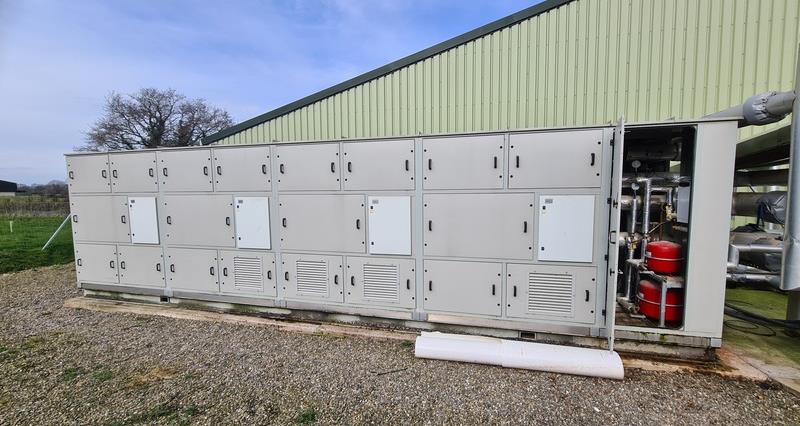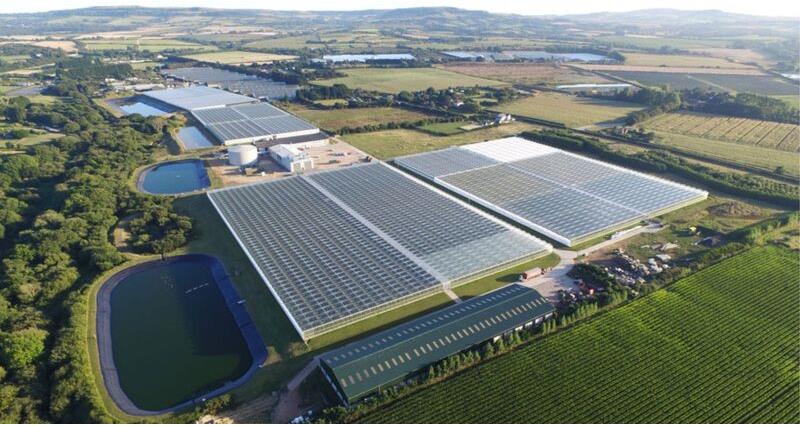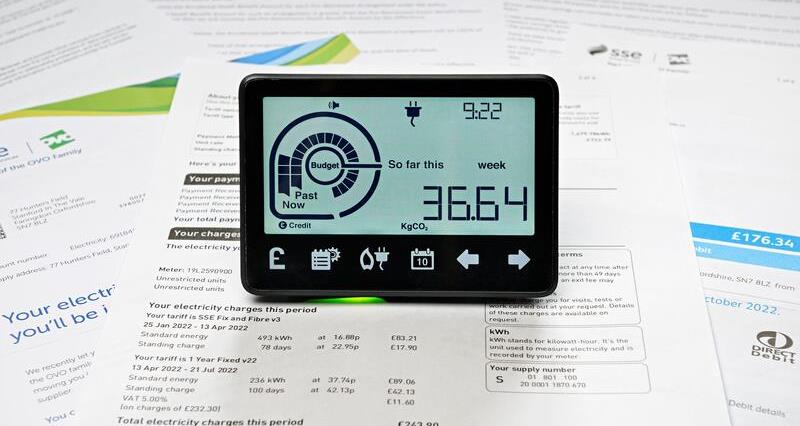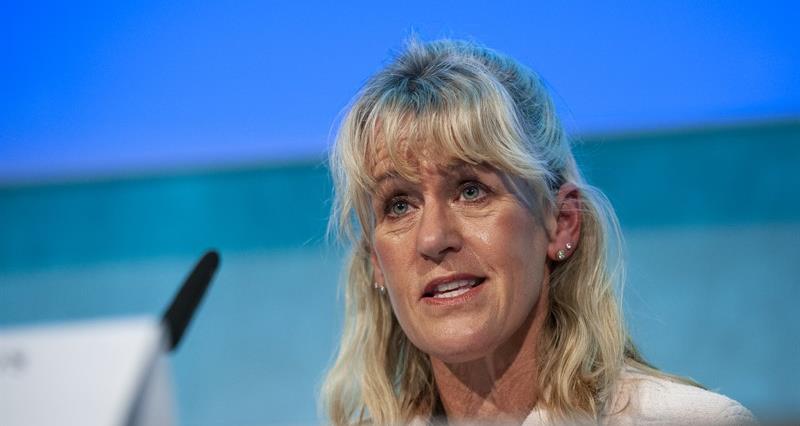Phase 3 of the IETF (Industrial Energy Transformation Fund) provides grant funding for feasibility and engineering studies, and for the deployment of industrial energy efficiency and deep decarbonisation projects.
For the first time, eligible horticultural businesses can access this funding.
The fund will allocate grant funding for the following project types:
- studies - feasibility and engineering studies to enable companies to investigate identified energy efficiency and decarbonisation projects prior to making an investment decision.
- energy efficiency - deployment of technologies to reduce industrial energy consumption.
- decarbonisation - deployment of technologies to achieve industrial emissions savings.
Budget and application windows
This fund has a £185 million budget available. The budget will be allocated across two competition windows in 2024.
The Department for Energy Security and Net Zero will allocate funding to the highest quality applications that are submitted in the first window, with any remaining budget allocated in the second window.
The first competition window runs from Monday 29 January until 3pm on Friday 19 April 2024.
Who is eligible?
This fund is open to businesses of any size with an eligible site in England and Wales.
As a result of changes in the IETF offer for Phase 3, the sector scope has now been expanded to include controlled environment horticulture activities.
The minimum grant threshold has also been lowered from £100,000 to £75,000 for SMEs (small and medium enterprises) only, and the SME application process will be simplified.
For larger deployment projects, applicants requesting a grant of £5 million or above must submit a feasibility study or engineering study to support their application
Controlled environment horticulture businesses must operate an existing site which falls into one of the following SIC codes: 1110, 1130, 1190, 1240, 1250, 1280, 1290, 1300 and 1610.
This includes activities supporting crops for human food consumption, where these are grown in indoor production systems with the technology to precisely control multiple environmental parameters such as greenhouses, vertical farms/ plant factories.
However, wider agricultural or ornamental horticulture activities such as forestry, fishing, flower production, growing of medicinal plants, pastoral farming and arable farming (outside of controlled indoor environments), and low-tech protected environment horticulture (for example polytunnels) are not eligible for support from the IETF.
Those interested are asked to check the SIC code that was allocated at the time of registering at Companies House. If the parent company SIC Code does not reflect the activity carried out at your site, for example where a data centre is owned by a telecoms company, you may still be eligible.
The provides more detail on the eligibility criteria. For more information, you can also contact the department at: [email protected]. Type ‘Eligibility screening assessment request’ as the subject line of the email.
The Department offers free support to help you develop your application. Applicants are encouraged to get in touch early so that they have enough time to complete and submit their application.
Minimum and maximum thresholds
The funding will be awarded as grants towards the total costs of successful proposals. Your proposal must fall with the stated minimum and maximum award thresholds as outlined at: .
How to apply
There are three steps you will need to follow:
- Read the for further information about the competition.
- Submit a registration form (which is available from 29 January 2024)
- Complete and submit the further IETF application forms by 3pm, Friday 19 April 2024.
After submitting the registration form, an applicant will receive a password and link to the online application forms, hosted by SmartSurvey software.
Applicants must submit:
- one applicant details form
- a further application form for each proposal they want to apply for during this competition window.
The Department will provide Word and Excel versions of the application forms on the aforementioned page to help applicants collaborate draft applications in advance of inputting that information into SmartSurvey ahead of the deadline.
For more information, visit: .
Need help?
NFU Energy can support you with all elements of the IETF.
Feasibility Studies and Energy Efficiency Studies are a core part of NFU Energy’s product offering. NFU Energy’s experienced engineers are well prepared to help explore the potential decarbonisation of your business.
They also have a strong background in working with other government schemes and grants such as the Renewable Heat Incentive, Climate Change Levy and Combined Heat and Power Quality Assurance, which have prepared them for being able to help directly with your application.
As part of the fund is available to those who wish to deploy decarbonisation assets, you can ask about NFU Energy's trusted renewable energy partners.
Should your business be successful in securing funds and deploying a new asset on site, please also speak to NFU Energy about the ongoing data submission requirements which will be required for five years following a successful install. If you want to get in touch, you can email [email protected].Ìý
Find out more
On Tuesday 6 February, the Department in partnership with Innovate UK KTN, will host an online briefing event to share details of this funding opportunity. This briefing webinar will include an opportunity to:
- Hear about the scope of the competitions in more detail and how to apply.
- Learn about the eligibility criteria..
- Hear about the IETF support and information services available for businesses
The webinar will benefit a number of organisations and professionals including operators of controlled environment horticulture.
.
You can also which will take place between Tuesday 13 February – Tuesday 16 April from 10-11am.
Other useful sources
- from Phase 1 and 2 competition winners.
- Listen to the with DESNZ officials, competition winners, and industry experts.
- Watch former to see projects funded by the IETF in Phases 1 and 2.



